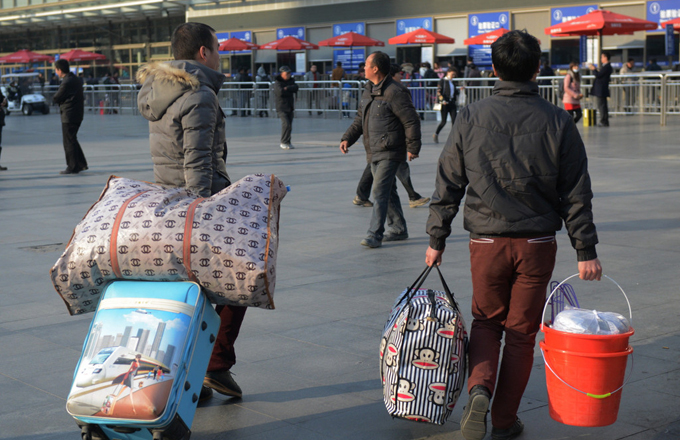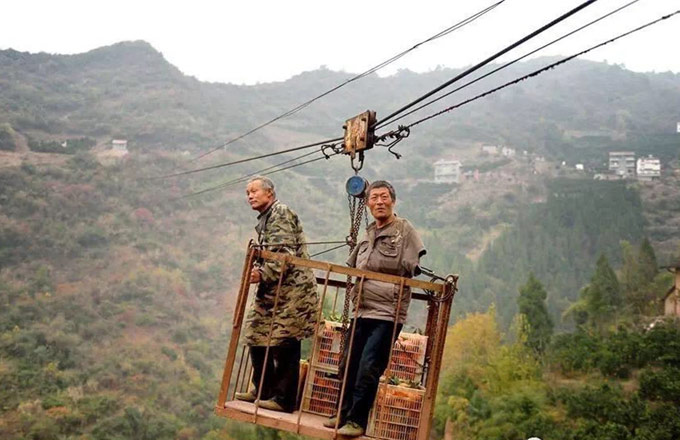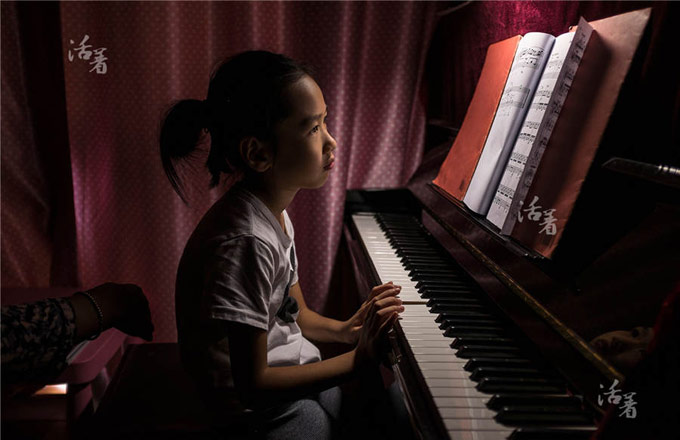Nursing home visitors earn coupons
A nursing home in Suzhou, Jiangsu province, offers rewards to encourage people to visit their parents and relatives.
According to Fuxing Nursing Home, people who visit the home more than 30 times in two months can get a voucher worth 200 yuan ($29). A 100-yuan voucher will be given if they visit more than 20 times in two months. The voucher can be used to pay for the nursing home's fees.
Yin Zongyin, a director of the home, said that the rewards, though not too much, have successfully reminded many people to visit.
The policy was issued about two months ago. Before that, of the 512 seniors in the home only 137 were visited twice a month, 126 once a month and 134 once every two months. No one visited the 77 who often say they feel lonely, he said.
But since the coupon was introduced, 129 seniors have had people visit them more than 30 times, 38 more than 20 times and 60 more than 10 times, according to the nursing home.
"Nursing homes can provide professional services to the seniors, but we cannot provide the emotional comfort that only their children and relatives can give," Yin said.
Xiang Furong, a nurse with the home, said that the average age of the 512 seniors is 81 years old. Many of them want to be accompanied by their blood relatives, not by nursing home workers.
"Some of the relatives feel ashamed when they know the policy," said Xiang. "After they visit the home, some seniors have better appetites and more smiles on their faces."
Wei Mouwen, dean of Fuxing Nursing Home, understands the dilemma people face when deciding whether to spend time at work or take care of elderly family members.
"For those bread-earners whose parents are getting old, they might not be able to have enough time to visit the home. For couples who are the only children in their families, they need to take care of four parents and their own children."
Wei said that with the senior population increasing rapidly, more families will face the problem of supporting their parents.
According to the National Health and Family Planning Commission, 222 million Chinese, accounting for more than 16 percent of the population, were 60 or older at the end of 2015. That number grows by about 10 million every year.
To encourage more people to support seniors, local governments are also rolling out more policies.
For example, Nanjing, capital of Jiangsu province, has offered money to those who take care of their family members at home. Beijing has planned similar policies, which will give salaries to jobless people who take care of their family members.
Beijing also suggests that people who take care of elderly family members be given holidays, including celebrating seniors' birthdays, going to hospitals and organizing activities on the Chongyang Festival for the elderly, according to a five-year work plan of the city.


















